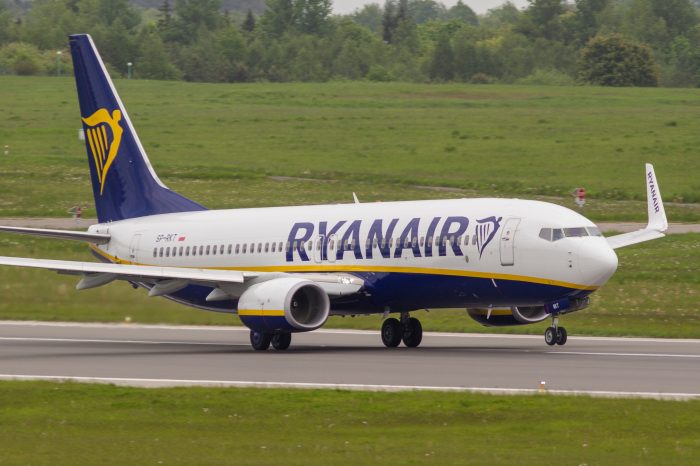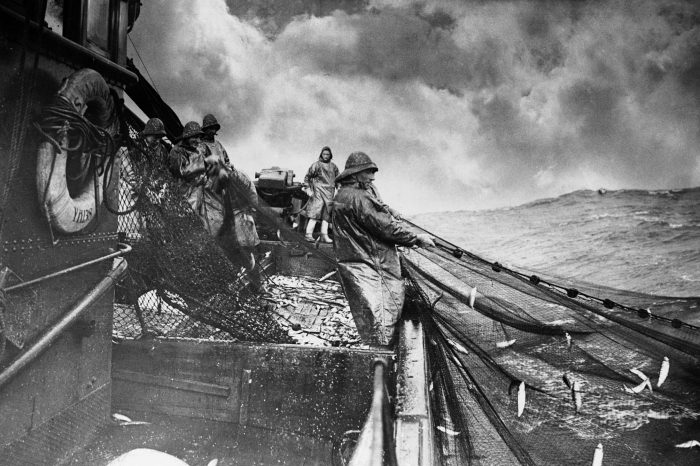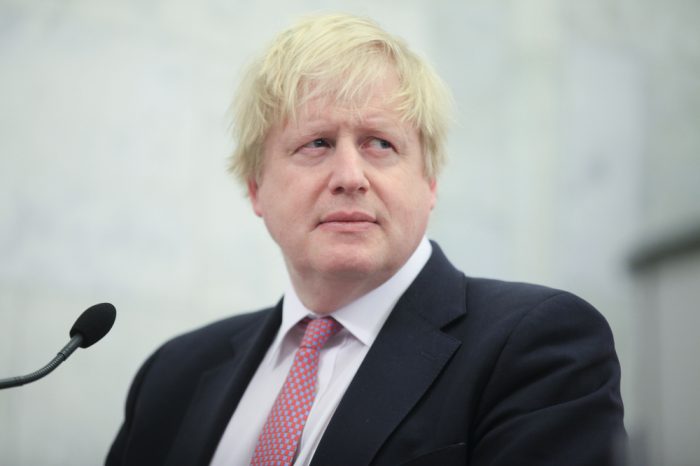Those pesky Russians!
In George Orwell’s novel Nineteen Eight Four, everyone is required to participate in the daily Two Minute Hate – an outpouring of loathing directed against Emmanuel Goldstein, the symbolic enemy of Big Brother’s state of Oceania. Failure to hate the enemy sufficiently renders you guilty of “thought crime”, even if nowhere in the course of the book is it revealed whether Goldstein really is really as bad as depicted or even if he actually exists.
Of course, there is no doubt about the existence of Vladimir Putin, but it seems that the demands for us to hate him are getting to the point where the slightest doubt that he is the very devil incarnate will cause you to be hauled up before the thought police.
There is no doubt that Mr Putin is a pretty ruthless individual. No one who can remember the Soviet Union and the Cold War could realistically expect a former KGB Lieutenant-Colonel to be leading Russia down the path of Thatcherite free market reforms or Swiss-style direct democracy. Indeed, it is doubtful whether many Russians would be particularly keen on the idea. In the UK, we have developed a strong aversion to tyrants and value our historic freedoms. By contrast, Russians even today maintain their long-standing support for strong leadership.
Therefore, it is no surprise that Putin enjoys a massive degree of popularity in his own country. After the chaos of the Yeltsin years, his presidency has eliminated corruption from the police and brought the rule of law to the country, making the streets of Russian cities safer than some Western European capitals. He has also given Russians a renewed sense of national pride, supporting the rehabilitation of the Russian Orthodox Church back into national life after the militant atheism of the Soviet era, but more significant have been his military interventions.
And it is Russian foreign policy which has turned him into this hate figure on the international stage – the reunification with of Crimea, the support given to Syria’s President Assad and the allegations – totally unproven – that Russian state-sponsored hackers were the source of those e-mails obtained from the Democratic National Committee which were published on wikileaks to the great consternation of Hillary Clinton.
No one has yet claimed that Mr Putin swung it for Brexit, but before June 23rd’s vote, it was claimed by the remain camp – with no evidence whatsoever – that he would support Brexit. Furthermore, his alleged links to anti-EU parties elsewhere are widely reported in the media.
A shrewd operator, a man whose path you would not want to cross (ask the late Alexander Litvinenko) but is he really the devil incarnate?
Or, to put it another way, is Putin’s Russia really any less pleasant that Saudi Arabia? Only a week or so ago, Boris Johnson, now our Foreign Secretary got into trouble for saying the Saudis were “puppeteering and playing proxy wars” – just like the Russians in other words, except that, of course, we have to be nice to the Saudis as they are “a key ally”.
We also pointed out several months ago that there was no logic in the EU’s courtship of Turkey while at the same time deliberately pulling the plug on discussions about closer trading relationship with Russia.
As for Russia’s meddling with the democratic process in the USA, the most vocal critic recently has been Barack Obama, who has vowed retaliation against Russia. But hang on a minute, wasn’t it the current US president who interfered in OUR democratic process a few months back? Something about trade deals and being “at the back of the queue”? His stunt actually backfired. At least one undecided voter and one erstwhile remainer contacted us to say that they would now be voting to leave as they were so incensed by Obama’s comments.
Ukraine is another instance where all is not what it seems. The sad story began when Viktor Yanukovich, the pro-Russian President democratically elected by the whole country was removed in a plot which is widely claimed to have been orchestrated by the EU – or in reality, Germany. With US support, Ukraine was to be detached from Moscow’s orbit and encouraged to join the EU as a deliberate provocation to Moscow.
What is so nauseating is that the nasty Mr Putin is always contrasted with the virtuous west – and especially the virtuous EU. This is claptrap. The EU doesn’t use the same brutal tactics as Mr Putin, but the methods used to railroad the Lisbon Treaty through after French and Dutch voters rejected its very similar predecessor, the European Constitution, is not the behaviour of a virtuous organisation. Indeed, the whole European project was deliberately built on deceit – a political project disguised as an economic project.
Furthermore, under Putin, Russia would never remotely contemplate some of the daft ideas doing the rounds in this country – take for instance the targeting of children as young as seven with a book called Can I tell you about Gender Diversity? which discourages the use of phrases like “boys and girls” or “ladies and gentlemen”.
Putin is also very alert to the threat of Islamic terrorism. No surprise that US President designate Donald Trump is keen to forge a close relationship with the Kremlin to defeat this common enemy.
As mentioned, Mr Putin has encouraged the renaissance of the Russian Orthodox Church. He recently said, “Orthodox Christianity has always played a special role in shaping our statehood, our culture, our morals. The Church may be separate from the State. But in the soul and history of our people, it is all together. It always has been and always will be.” He even has his own personal confessor – Archimandrite Tikhon Shevkunov. While Christians of an Evangelical persuasion may hesitate to call this former KGB officer a true Christian, the revival of a robust Christian influence in Russian culture stands in stark contrast to the pathetic attitude of the west where even the celebration of Christmas is dumbed down in case it offends those of other faiths – who are usually not in the slightest offended anyway.
So while not every aspect of Mr Putin’s Russia sounds particularly appealing to the average Brit, things have definitely improved in that land since the dark days of the Soviet Union. By contrast, much of the west has been going downhill in the last two decades – in this country especially since the election of Tony Blair in 1997. Brexit may well give us the chance to re-boot our entire political system and change direction in more ways than just reclaiming our sovereignty. We can but hope. However, until we have put our own house in order, pointing the finger at the Kremlin is little short of hypocrisy.







